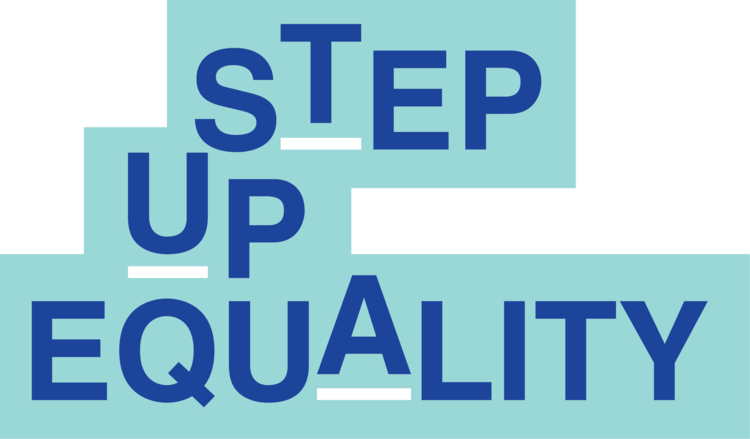Women are motivated for leadership and it is the structures of sport that are a problem, says a new report from SUE
New research looks at the barriers to leadership for women in grassroots sport across Europe. It breaks with the common myth that women’s skills, and not their environment, are preventing them from becoming leaders in sport.
The report “Why we need structures to change: an analysis of the barriers for women in sports leadership in Europe” from the EU-funded Step Up Equality (SUE) project, identifies the major barriers to women’s leadership in grassroots sport and provides insights and recommendations for future action and training.
A key aim of the study is to tackle the lack of available data and independent analyses on inequalities and gender discrimination in grassroots sports.
The key findings of the report have led to five sets of recommendations, which all sports organisations, from clubs, to national and international governing bodies, are asked to implement. They include:
- Changing sports policies for greater gender equality.
- A need for more training and education
- Acting against gender-based discrimination
- Creating support networks
- Undertaking new research
The authors of the report say that “sports organisations and institutions, which take gender equality seriously and commit to progressive actions, have the opportunity to demonstrate their added value for society, become better performing organisations, increasing human resources and profit from economic growth.“
They further elaborate that “sport is also a highly visible and powerful social institution that can influence the wider drive for gender equality in society. Women in sports leadership learn transferable skills that equip them to become leaders in all areas of community life.”
The report collected data from participants across Europe, with the majority coming from project partner countries: Germany, Italy, Poland, Netherlands, Sweden and the United Kingdom. The researchers captured data from 230 people in 30 different sports, the most common being football.
Methodology used included desk-based research, online surveys including quantitative and qualitative questions, and in-depth interviews with individuals, all between May and September 2019.
The report sets out seven main results:
- Women are motivated for leadership: It is often claimed that there is a lack of women who want to take on leadership roles, but the survey and interviews found high levels of interest in leadership among women active in sports.
- Skills requirements: The study’s participants were clear in the type of skills they deemed a prerequisite for leadership: there was a shared understanding that social skills and soft skills in general, along with an in-depth understanding of sport are required.
- The structures of sport pose barriers, not the skills of women: The study found that the environment in sports bodies is the main challenge for women who want to become or are leaders, structural barriers and gender-based discrimination were reported most frequently as the issues that prevent the progression of women.
- Many women in leadership positions think about leaving: The unsupportive professional environment and lack of respect were among the most frequently given reasons for demotivation. One crucial example is that women are paid less than their male counterparts for similar work, which leaves many seeking better paid careers elsewhere.
- Know how to deal with gender-based discrimination: Women and sport organisations are keen to learn how to address specific gender based discrimination in the workplace and in society, and to develop structures and initiatives to support women.
- How to structure effective training programmes for women in leadership: The study identified some of the key content and formats required for leadership training.
The SUE project aims to tackle persistent gender inequalities in sport and address the underrepresentation of women among trainers, managers, and decision-makers in sport.
